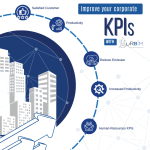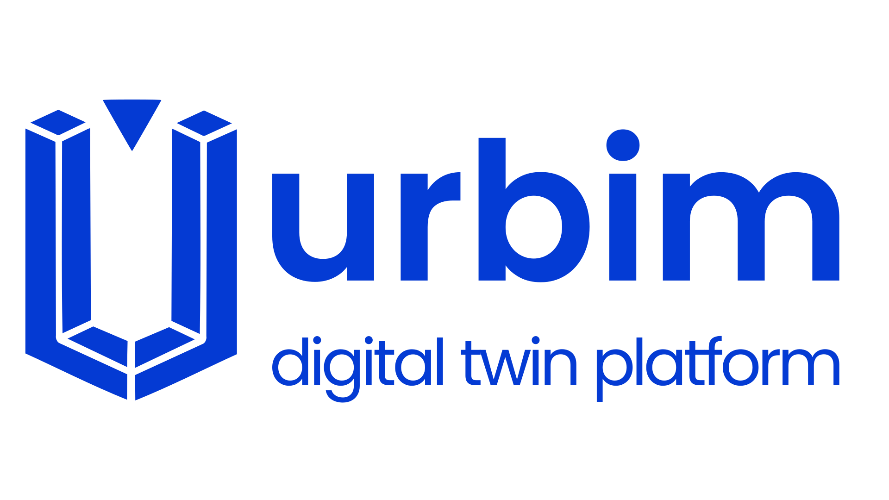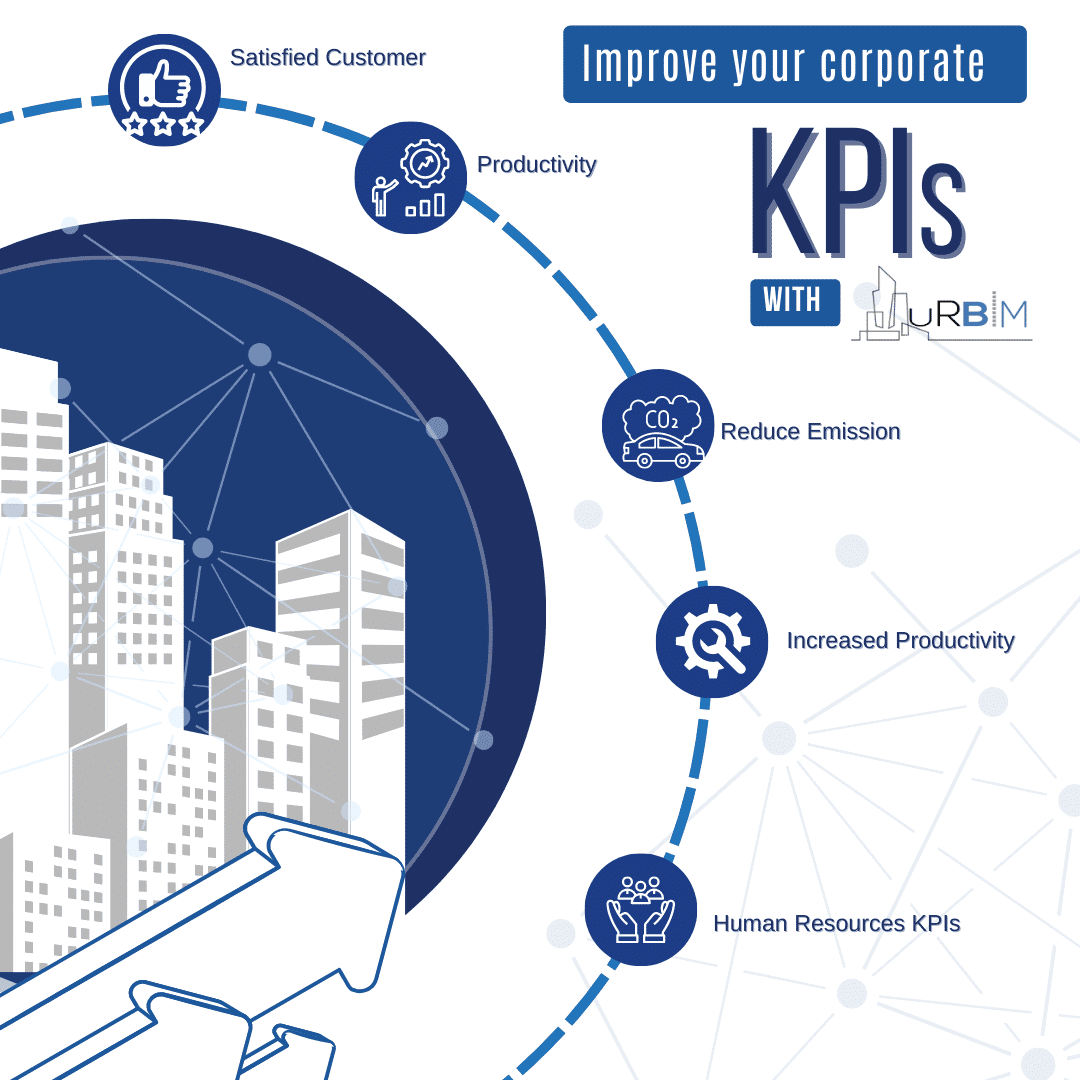Data processing and its conversion into valuable information and analysis performed by BIM with the support of digital twins help to improve KPIs that, although of varied origin, are indispensable to measuring, managing, and meeting project aims in the long and short term.
Now, data management is indispensable for all issues of sustainability or cost reduction, either operational or maintenance, because thanks to them, we have much more planned tasks and solutions to problems in a much more accurate and efficient way that will make any aim more easily traceable.
For this, it is potentially significant to identify the KPIs (Key Performance Indicators) or also known as management indicators, which objectively support and contribute to each of the business activities that our company has at hand or that we want to focus on where BIM will contribute through accurate and filtered data.
Here are some of the general aspects to which BIM data management directly contributes:
KPIs in productivity: The more agents have the knowledge and information in real-time of an object that is part of an asset, the faster and more understandable will be its management process.
Maintenance cost: All risk events can be analyzed and foreseen with the data collected, shortening significant losses and the associated costs.
KPIs Sustenaible: Managing an asset better allows you to improve its maintenance and help improve corporate carbon footprint and emissions by making much more sustainable decisions.
Quality KPIs: Using technological tools such as BIM development minimizes errors, predicts unforeseen events, and considerably increases the value proposition delivered to the end customer.
KPI human resources: harmonious teamwork and assertive communication are much more productive in performance and motivation, minimizing turnover and increasing talent retention rates.
Customer satisfaction KPIs: With high productivity, cost, and time reduction, which we have specified, we achieve metrics such as First Contact Resolution Rate (FCRR) or those that go towards our customer loyalty, such as NPS (net promoter score) remain high.
It is estimated that 30% of the companies in the major sectors will participate in BIM technology in the next five years, where the evolution towards more sustainable communications will be achieved using outlined aims with a paradigm shift as BIM is no longer an intelligent technology, but a tool that will help all teams and agents to interact in a same environment through where management improve the quality to everyone; citizens, managers, groups, tourists, and others who will benefit from using a digital twin.






